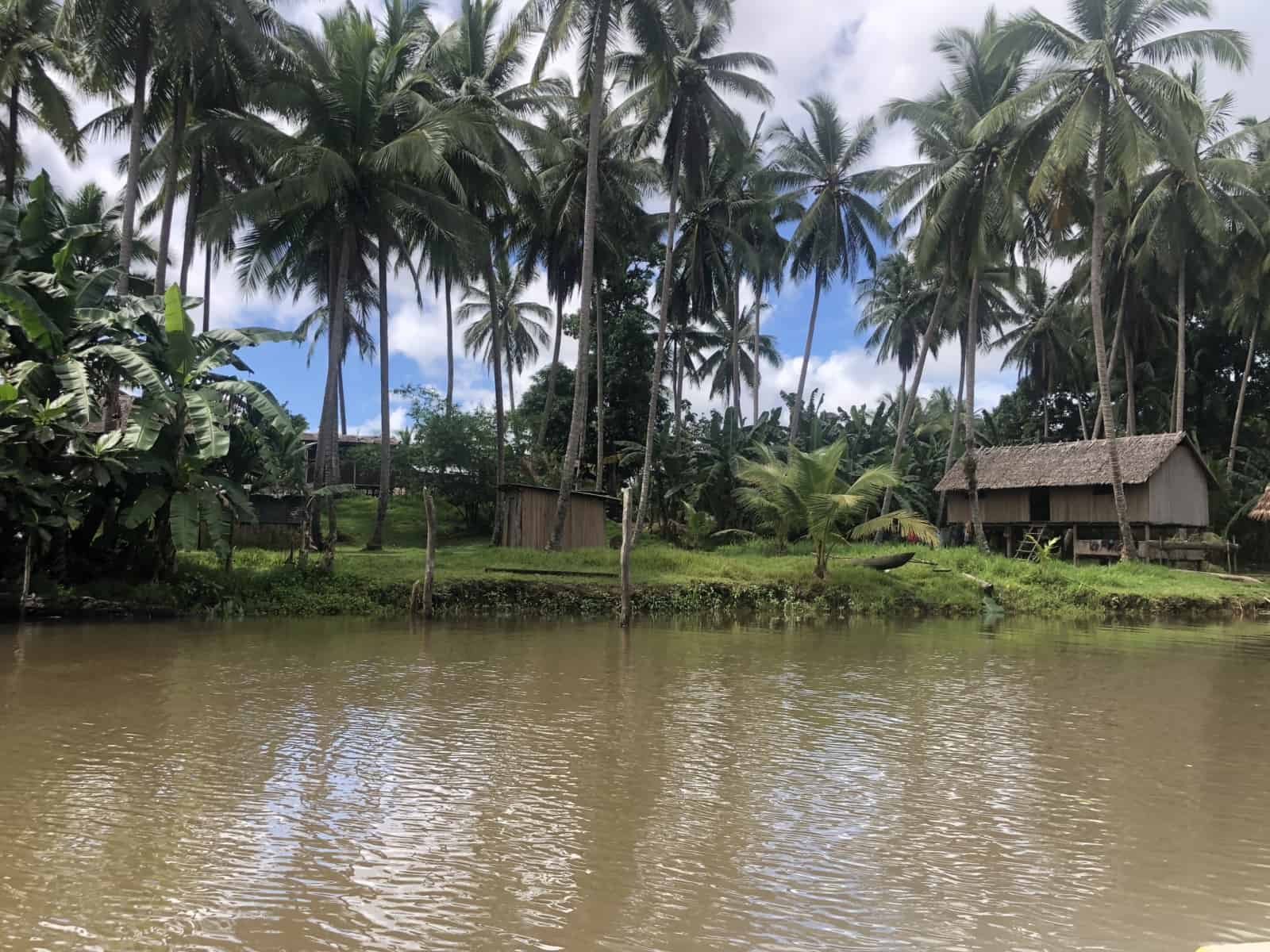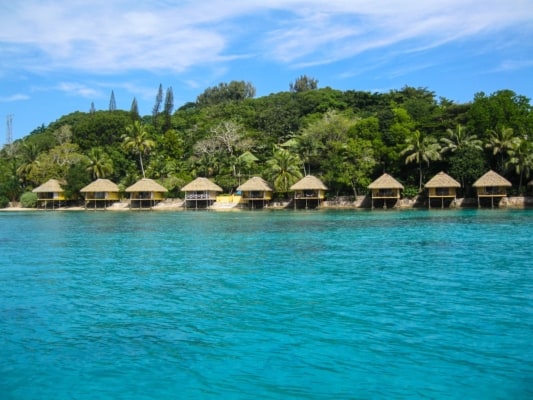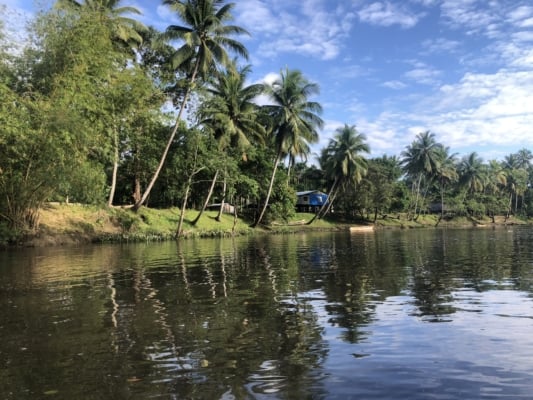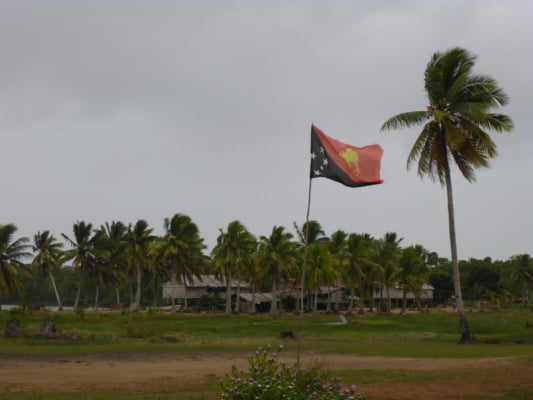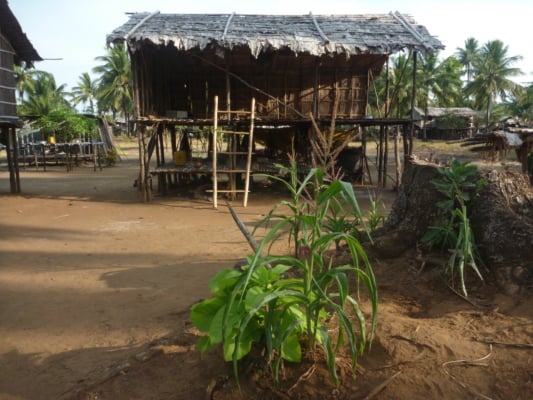Beyond the limits of state governance in Papua New Guinea’s South Fly district, local leadership has important developmental potential. Understanding the many local forms of leadership at village level is important to understanding the potential of local leaders to create coalitions for change, and of external funding to support them. This paper asks how village leaders can form institutions for change and how funding can enter informal governance spaces in ways that strengthen developmental leadership. It particularly focuses on the potential of women’s leadership.
Based on 53 interviews with local leaders, this research looks at the PNG-Australia borderland, an area of increasing geopolitical complexity of concern to both the PNG and Australian governments.
Key Findings
There are a large number of local level organisations that make up local governance systems besides official Ward Development Committees. These include community, service delivery and church organizations. External developmental assistance needs to avoid undermining these groups and processes.
Patronage politics are widespread in the area, but there is some evidence supporting the idea that female leadership may be a way to reduce this. Community leaders recommend external funding be in ‘project form’, rather than cash or building materials, as a way around patronage politics.
This research did not find support for the idea that citizens can easily be empowered to hold their leaders and governments to account. Reforming patronage politics is currently beyond the reach of communities and local leaders without greater support. However, communities and local leaders can help to mitigate the worst excesses of patronage politics.
Implications
This research recommends placing a ‘do no harm’ principle at the centre of external development support to South Fly. While there are opportunities to strengthen local organisations, there is also potential to politicise them in harmful ways. Women’s networks, for example, may well benefit from external funding, but capacity building, land access, economic opportunities, proposal writing and support for coalition building could also be helpful.
Short on time? Read the executive summary, or for more on this topic, read the companion paper: Women’s leadership in Papua New Guinea
You can also read the case studies that accompany these papers.

